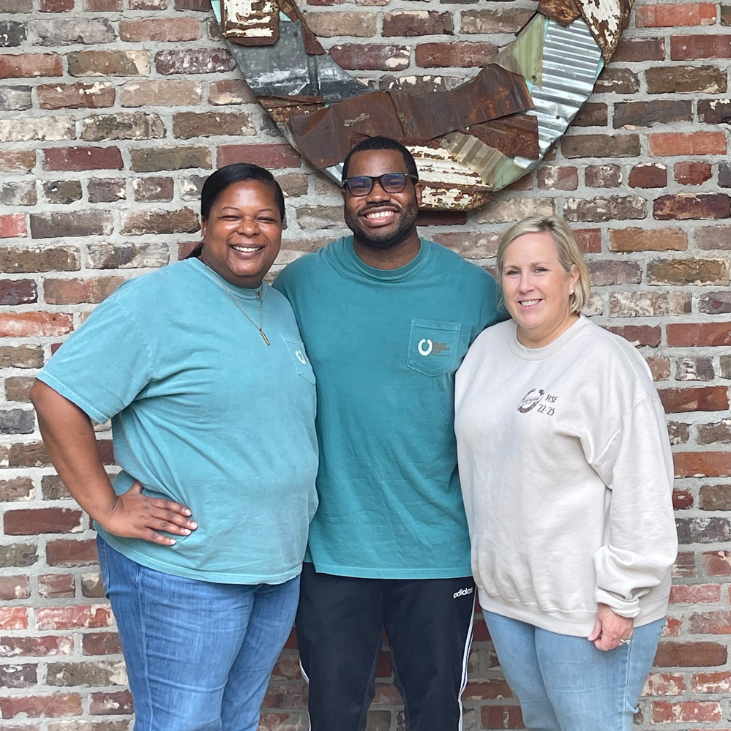Cedric Penn Jr. Improves Medication Adherence with Community-Based Solutions in Rural Alabama

As a Fall 2024 Pathways to Practice Scholar, Cedric Penn Jr. partnered with Project Horseshoe Farm in Greensboro, Alabama, to explore one of the region’s most persistent public health challenges: medication nonadherence. In a rural, medically underserved community like Greensboro, where transportation, access to insurance, and social support are often limited, Cedric set out to identify the root causes of poor adherence and offer tangible solutions grounded in equity and empathy.
Working closely with community health teams and local residents, Cedric focused on improving medication adherence at Hale County Hospital and through Project Horseshoe Farm’s outreach programs. His approach combined direct observation during triage and admissions processes with public health systems research and real-world conversations with patients and staff.
“Medication adherence is more than just remembering to take a pill—it’s about trust, access, understanding, and support,” Cedric noted. “When people lack transportation, insurance, or social connection, their health suffers.”
His findings revealed that both intentional and unintentional nonadherence were common—ranging from patients’ personal choices to barriers like lack of insurance, transportation, or low health literacy. Younger adults (ages 35–50) often skipped medications due to cost, while older adults (65+) faced challenges with mobility, transportation, and limited support.
To address these challenges, Cedric developed and recommended several evidence-informed interventions:
-
Establishing a “health partner” system to build trust and accountability
-
Offering pillboxes and digital pill reminders to improve day-to-day management
-
Creating refill call reminders and an educational module within the clinic’s Athena software system
-
Prioritizing culturally competent communication and connection between care teams and patients
“Through this internship, I saw how deeply social support impacts health. Community relationships are powerful tools in combating nonadherence,” Cedric reflected.
He also praised the supportive environment of Project Horseshoe Farm, where leadership, staff, and community members welcomed him with open arms and helped him grow as a professional and public health advocate.
“This was a life-changing experience. I was nervous at first, but I left Greensboro with deep respect for the community—and the belief that meaningful public health work begins with relationships.”
Now, with his fieldwork complete, Cedric plans to continue advocating for patient-centered solutions that address both clinical and community-level barriers to care. His work stands as a reminder that improving health outcomes isn’t just about prescriptions—it’s about listening, learning, and designing systems that meet people where they are.
Public Health Students
Are you looking for meaningful, hands-on experience in rural and underserved communities? Apply to the Pathways to Practice Scholars Program and gain valuable skills while making a real impact.
Organizations and Health Agencies
Want to help shape the next generation of public health professionals? Partner with us to host a student intern and bring fresh insight and capacity to your team while supporting community health.
